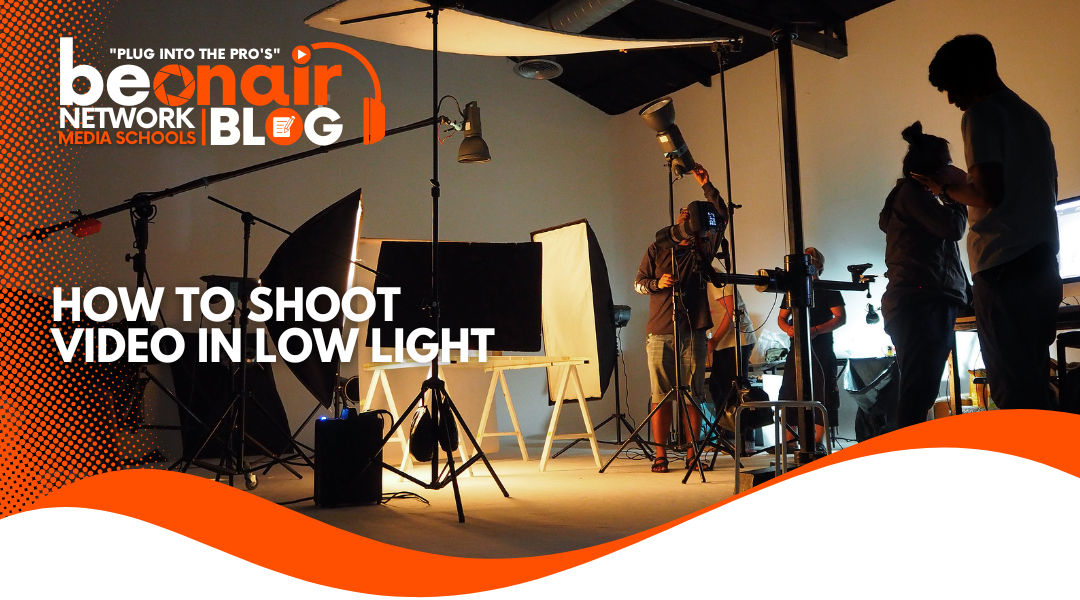
Technical School vs. a Degree in Broadcasting
If you are considering an education in broadcasting, there are a few different aspects to consider. The first major factor you should look at is whether or not a technical school would be better for you than a bachelor’s degree in broadcasting. Initially, the two might look completely different, and while there are some major differences between the two, both can provide you with a good education to get your foot into the door of broadcasting.
Pros of a Degree in Broadcasting
A degree in broadcasting is always going to look better than an individual certification from a technical school. Having that nice, shiny bachelor’s degree displayed on your resume almost always trumps a technical certification, although it can sometimes depend on what sort of position is open. Beyond this, with a broadcasting degree you receive a more rounded education that covers a wider range of tasks, equipment and technology for a longer period of time.
Cons of Attending a College or University for a Degree in Broadcasting
There are a few major cons that come with attending such a program. First, it is going to cost much more money. If you are able to stay in state and attend a public university, it may be doable, but many of the top universities offering a degree in broadcasting are often outside of your state, which means you have to pay out of state tuition. Ultimately, this may mean you pay tens of thousands of dollars and have to take out student loans. The next problem is if you need to move or stop attending school for some reason. A degree in broadcasting takes four or five years to complete, so if you need to move in the middle, you probably are not going to have all of your credits transfer.
Pros of a Technical School
A technical school may only take around a year to complete. This gives you a complete understanding inside and out of a particular task in the industry. While you might not receive a full education about the world of broadcasting, you might learn specifically how to work the mixing and engineering boards in a far more in-depth manner than what a degree program offers, for example. Plus, the cost is much, much lower. You can also begin gaining on-the-job experience much faster. Many employers view the hands-on training you receive in a technical program a huge plus, as it greatly reduces the training time needed for an employee who has had no actual experience with the equipment.
Cons of a Technical School
Some employers may value a bachelor’s degree in broadcasting more than an individual technical certificate as there is more information covered in four years in school than in a one year technical program. For more information or help choosing the right option for you, please contact Be On Air Media Schools below
Get More Info (Zap)
Form to request info







